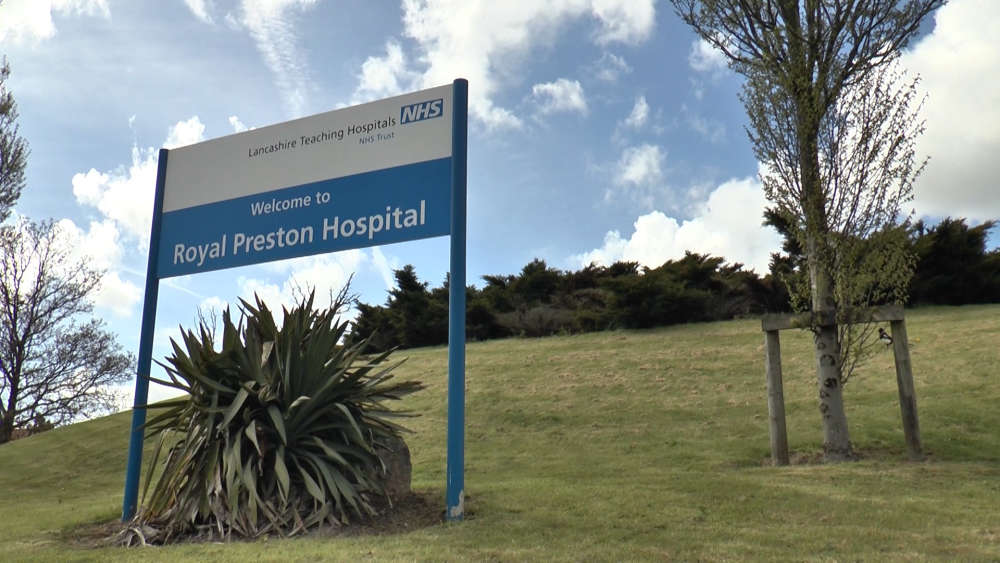
Fewer cancers are diagnosed before they start to spread in Lancashire and South Cumbria than across most other parts of England.
Figures presented to a recent meeting of the region’s integrated care board (ICB) reveal that just 54.2 percent of patients currently receive their cancer diagnosis while it is still at an early stage. The statistic puts the area in the bottom quartile of NHS performance nationwide for identifying cancer at stages 1 and 2.
Data published back in January showed that early diagnosis across England as a whole – of the 13 most common types of cancer – had reached its highest ever level. First or second stage diagnosis hit 58.2 percent between September 2023 and August 2024.
A report presented to the ICB meeting noted that Lancashire and South Cumbria had improved at a faster rate than the national average over the last 12 months, but acknowledged: “We still have too many patients being diagnosed with late-stage cancers.”
The gap between the local and national early diagnosis rates is widest for lung, upper gastrointestinal and prostate cancers – with the region having the lowest early-stage detection of the latter anywhere in the country, according to the ICB’s chief digital officer Asim Patel.
Addressing the overall performance of early cancer diagnosis in Lancashire and South Cumbria, he added that it “doesn’t look positive”.
The area also has a “significantly worse” rate of premature death from cancer than elsewhere in England, the report highlights.
Cancer Research UK says that cancer discovered at stage 1 is usually both small and, crucially, still contained within the part of the body in which it originated. By stage 2, the tumour will be larger, but will not have spread into surrounding tissues – although it may have moved into lymph nodes near the site, depending on the type of cancer.
However, the likelihood of spread is increased at stage 3, while by stage 4, the cancer will have moved to another organ – known as secondary or metastatic cancer.
Mr. Patel told the ICB meeting that there was “a lot of good work happening” to improve early diagnosis in Lancashire and South Cumbria, but added: “There’s a lot more to do here – and this is where we need to focus our attention [when] we talk about [the shift from] sickness to prevention.”
The board heard that a number of initiatives had been rolled out – including a targeted lung cancer screening programme, which identified 322 cases between August 2021 and April 2025.
Between April 2024 and March 2025, 83 percent of lung cancers diagnosed via the scheme were still at an early stage – compared to 41 percent of overall lung cancer diagnoses in the region based on the latest figures from the ICB.
The programme is now launching in Preston, having already been established in Blackpool, Fylde, Wyre, Blackburn with Darwen and the East Lancashire districts.
Meanwhile, a project harnessing the capacity of the voluntary faith and community sector, has seen 183,000 people surveyed in an attempt to understand “the reasons why people are not engaging” with preventive health services, Asim Patel explained.
He said it was important to hear the “community voice” – and have “culturally- sensitive services” – in order to make a difference when it comes to early diagnosis.
In 2018, the NHS was set a target by the government for 75 percent of all cancer diagnoses to be made at stage 1 or 2 by 2028.
‘We’ve got to identify what needs to change – and do something about it’
ICB members were told it was a mixed picture for other cancer diagnosis standards in Lancashire and South Cumbria.
As of April this year, 73.8 percent of patients across the patch had either been diagnosed with cancer or had it ruled out within 28 days of being referred urgently by their GP for a suspected case.
That was slightly below the 75 percent nationwide ‘faster diagnosis’ target, but the majority of hospital trusts in the area – those running the Royal Preston, Chorley and South Ribble Hospital, the Royal Lancaster Infirmary and Royal Blackburn Hospital – had exceeded the standard by several percent, but the overall Lancashire and South Cumbria rate had been pulled down by Blackpool Teaching Hospitals, which had achieved only 65.8 percent.
However, none of the region’s four NHS trusts achieved the target for 85 percent of cancer patients to begin treatment within 62 days of referral for tests on suspicion of the disease – with the region coming in at 67.4 percent overall, putting it 21st out of England’s 42 ICBs.
Acting medical director Dr. Andy Knox warned that in order to improve cancer performance – and other health metrics – the NHS needed to avoid the “danger” of becoming fixated on minor movements in statistics and then cheering or wincing accordingly.
“If we’re going to really see the improvements that we need to see in cancer waiting times…we can’t afford to just monitor the ups and downs. We’ve got to think about, fundamentally, what needs to change – what is the intervention – and then measure the progress from the intervention to see if it’s working.
“The problem is, in the NHS…we go round the same loops and we ‘ooh and ah’ at different bits along a [statistics] dashboard, rather than taking an interventional improvement approach, which actually drives the change that we need to see across the system,” Dr. Knox said.

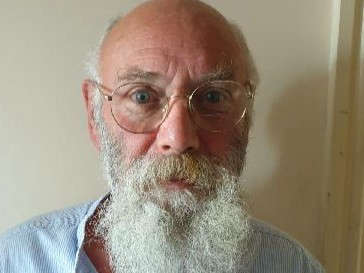 Longridge paedophile jailed for sexual abuse of two young girls
Longridge paedophile jailed for sexual abuse of two young girls
 Preston Bus defend fare rise
Preston Bus defend fare rise
 Police’s share of council tax to rise by 5.4%
Police’s share of council tax to rise by 5.4%
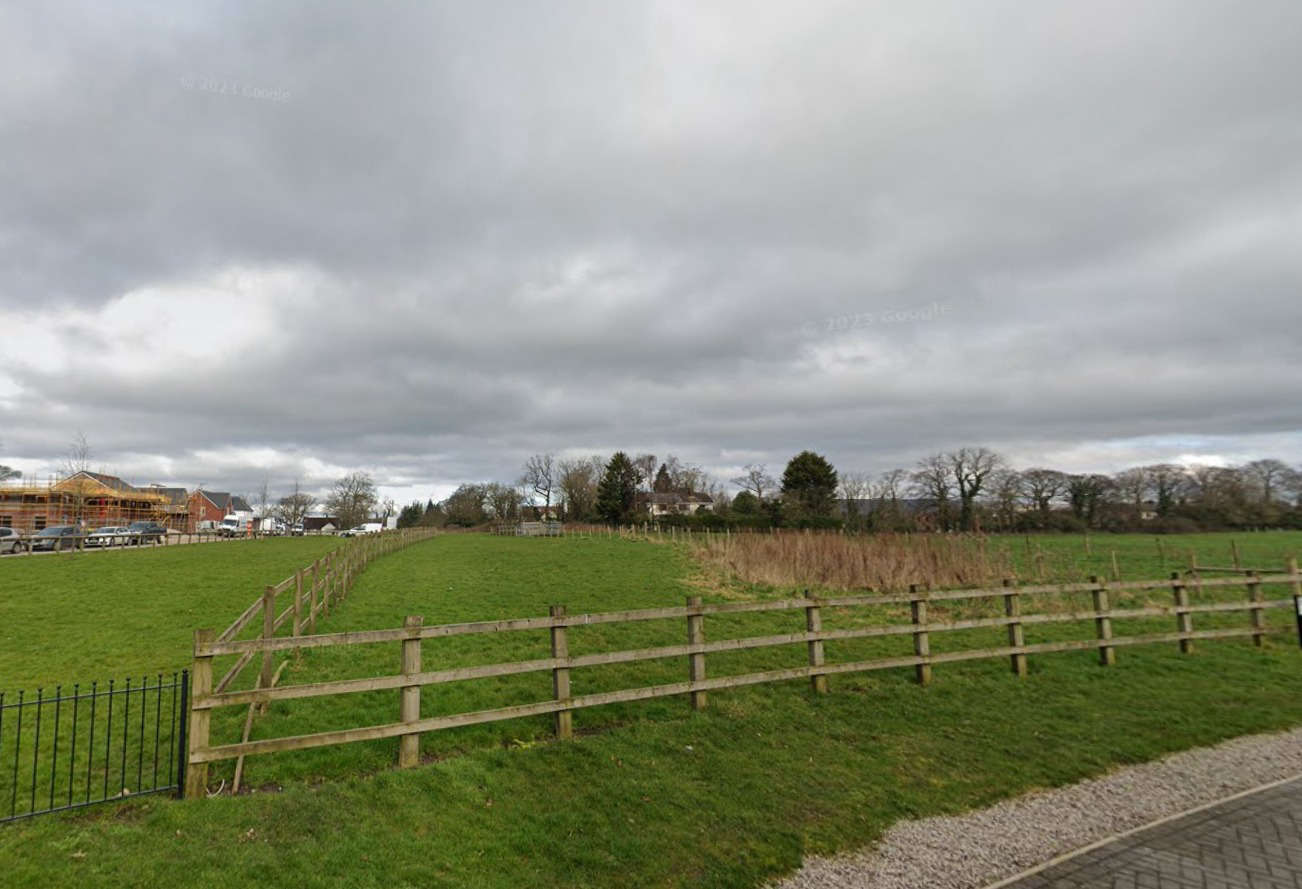 Temporary school planned for outskirts of Preston might never be built
Temporary school planned for outskirts of Preston might never be built
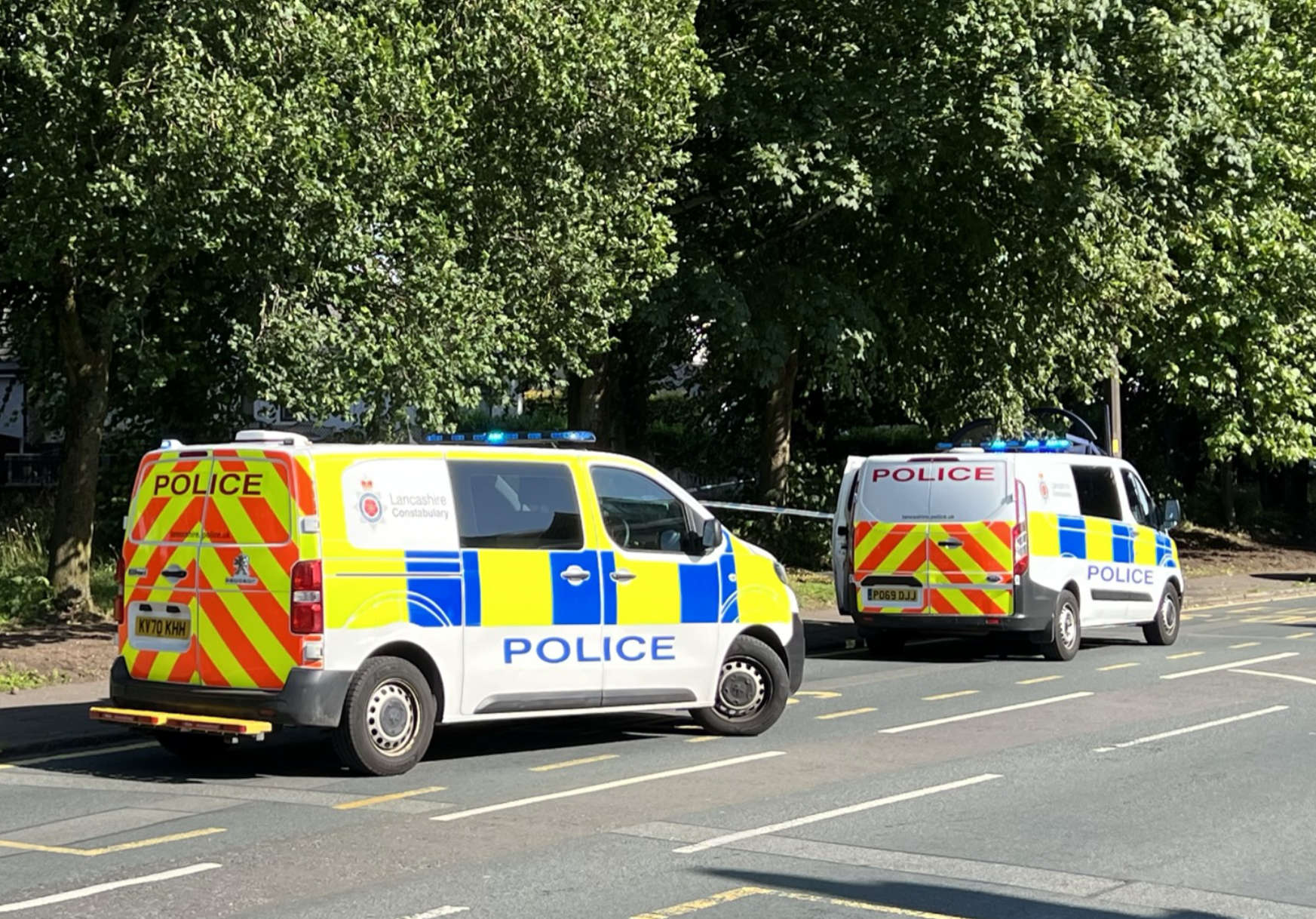 Teenage boy suffers fractured skull at Preston car meet
Teenage boy suffers fractured skull at Preston car meet
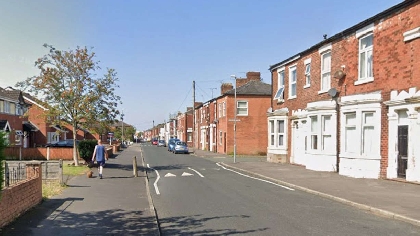 Antisocial behaviour rules proposed for parts of Preston
Antisocial behaviour rules proposed for parts of Preston
 Walk in the Dark event turns 18
Walk in the Dark event turns 18
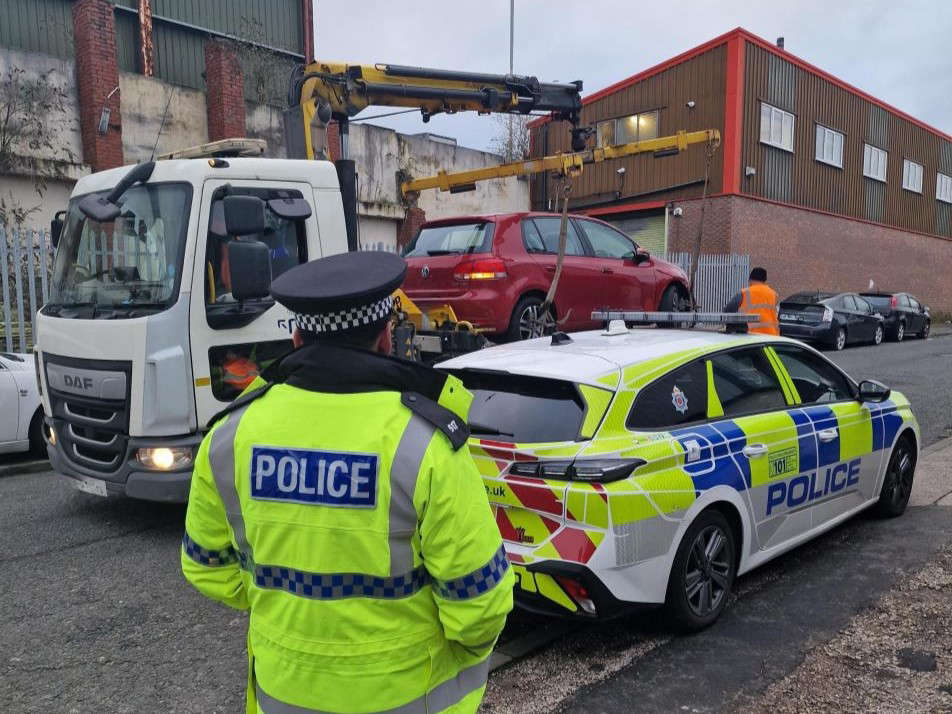 Fourteen illegal and abandoned vehicles seized in Preston enforcement drive
Fourteen illegal and abandoned vehicles seized in Preston enforcement drive








